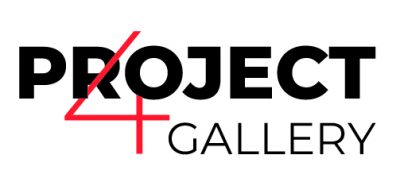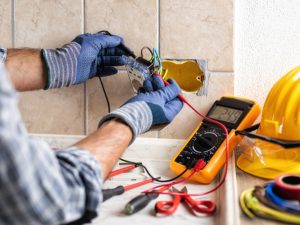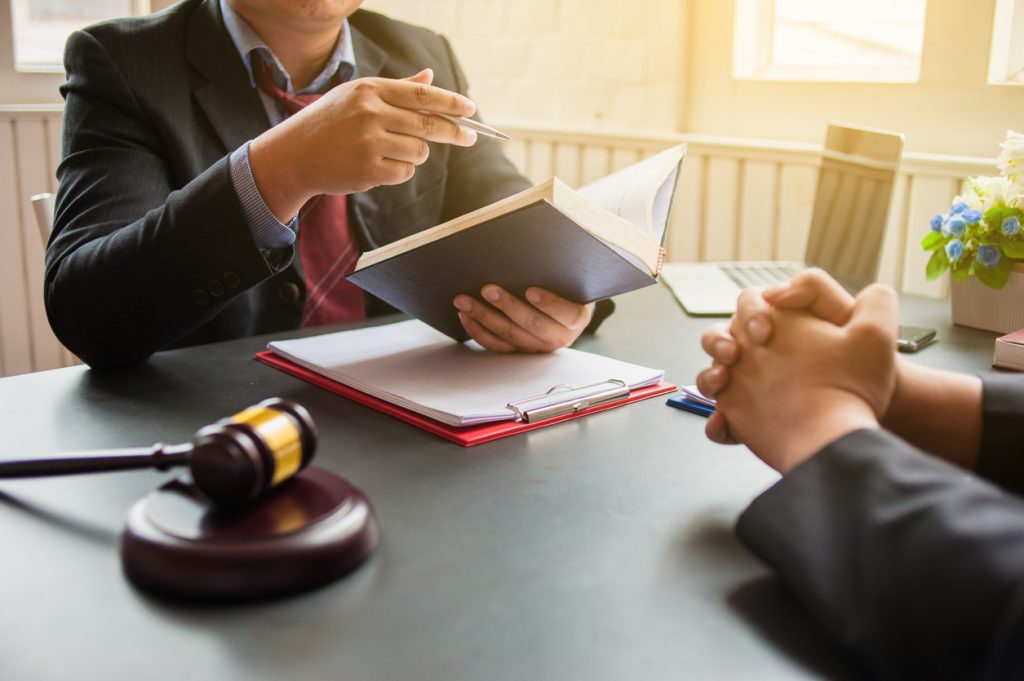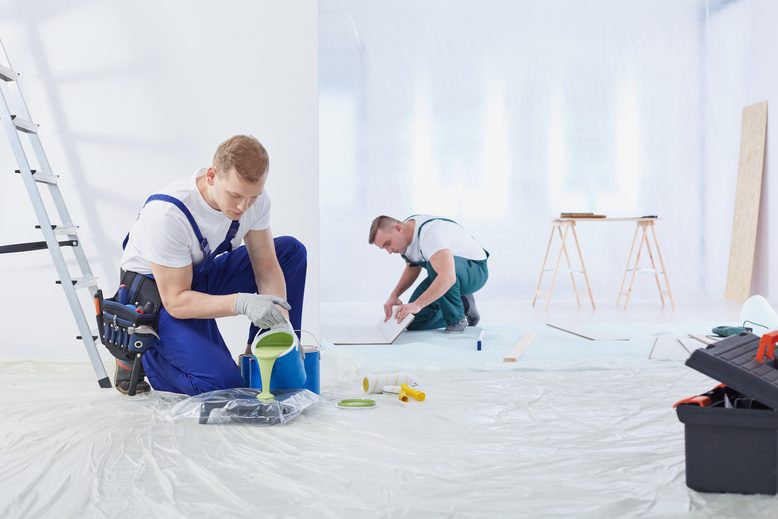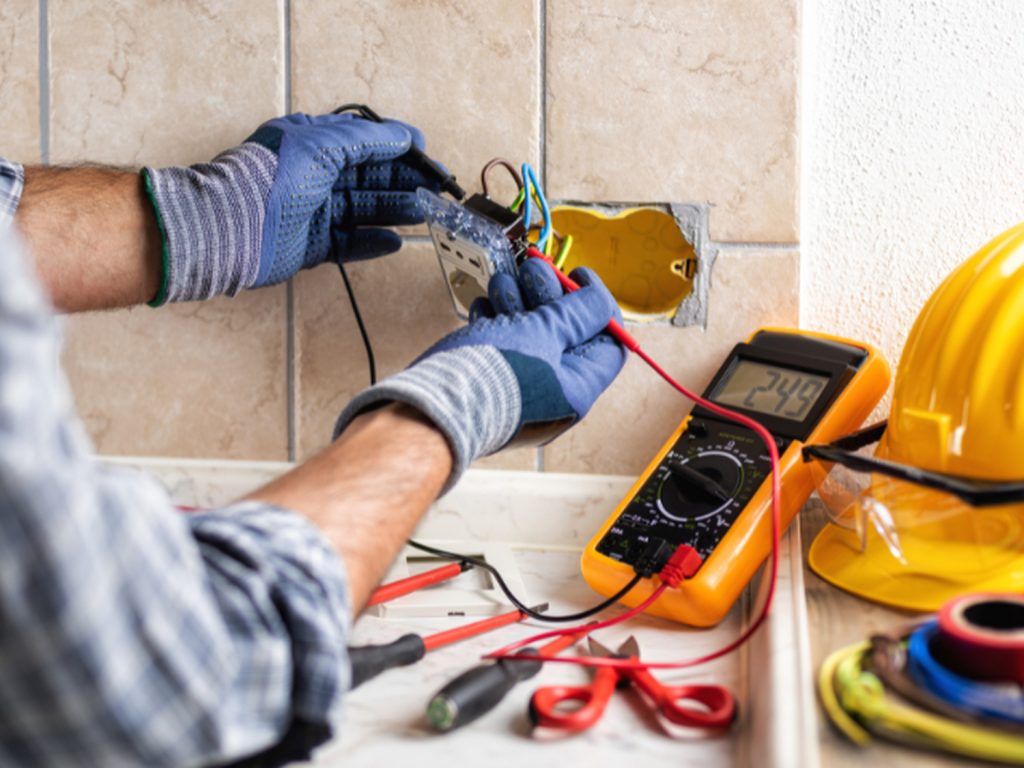Commercial building inspections are more important than you might think. Not only are they crucial for new construction projects, but they are also essential for existing buildings. These inspections ensure that your business operates safely and efficiently every day. Choosing the best commercial building inspection services can provide you with peace of mind, knowing that experts have thoroughly evaluated your property for any potential issues or hazards. Trusting professionals in this field is a proactive step towards maintaining a secure environment for your business operations.
Inspections can determine the basic functionality of a building’s structure. They can also check for health and safety violations, or identify potential hazards that may put tenants and building residents at risk. An inspection is a great way to validate stakeholder decisions regarding upgrading or repairing certain aspects of a property, and to help you coordinate with contractors in order to resolve issues efficiently.
Who will conduct commercial building inspections, and what will be checked? Take a look.
What is a Commercial Building Inspection?
Simply put, a commercial building inspection is an evaluation carried out on a property or building used for commercial purposes in order to maximize the profit or income from rental. This includes cafes and retail shops, offices, warehouses, factories and residential units, such as multi-family homes or single-family houses.
A commercial building inspection aims to uncover or identify any structural or other issues that may exist with the property. Commercial building inspections are recommended to be done regularly. However, they are most often conducted at the beginning or end of a lease or when buying or selling a property.
This is particularly true when investing in commercial properties after the pandemic.
The commercial building inspection will show the true condition of the property, as well as any necessary costs for maintenance or remedial work. Commercial building inspections can be necessary at specific stages in the transaction process, and also throughout the life cycle of the building.
Who Is Responsible For A Commercial Building’s Inspection?
For legal reasons, the commercial standard building inspections must be performed by a trained or licensed professional. There are a variety of different surveyors and building inspectors. They come from diverse backgrounds. Each performs different job functions, depending on what type of building they are inspecting. If the building under inspection is a manufacturing facility, the inspector may need to be an industrial building surveyor, or structural engineer depending on the nature and scope of the inspection.
Commercial building inspectors may have backgrounds in property management, building maintenance or engineering. It’s important to note that the more specialized the inspector is, the higher the price.
Don’t let less-skilled inspectors deter you – it is quite common for commercial building inspectors to also act as residential building inspectors, and vice versa. This is becoming more common due to the shortage of inspectors. These inspectors are still very knowledgeable about the built environment, and they can conduct a professional inspection. They understand that commercial properties are different from private homes.
What Is A Commercial Building Inspector?
A commercial building inspector will walk around the property on the day of inspection and take photos. The inspector can then document existing problems and any changes that might be needed in the future.
A commercial building inspection also includes a visual inspection on the exterior, a walkthrough of the interior and a review the documents associated with the property.
Visual inspections outside are conducted to look for any cracks or deficiencies on the exterior of the structure, as well as other potential problems. The interior of the building can be inspected to assess the condition of fire doors, internal fittings, and windows.
The documents that are associated with the property, such as the mortgage documents, the sale contract and the insurance policy can be reviewed. It is done to ensure that the property is in compliance with all documents.
Commercial building inspectors will look for structural defects, safety hazards and critical issues in any part of the structure. A commercial building inspector can better identify problems if they uncover more during the inspection. It is in the best interest of all parties, including tenants, to ensure that occupants feel safe and secure within a building designed for its intended purpose. A commercial property inspector may also look for the following:
- Landscaping
- Utilities
- Structure
- Building envelope (including the exterior, basement and attic)
- Roofs
- HVAC equipment
- The Plumbing
- Electrical systems
- Stairs
- Fire safety
Commercial inspections can focus on the return on investment or asset value rather than on highlighting issues. Inspections conducted to this end typically focus on roofing, plumbing and HVAC, as well as structural integrity. If a HVAC system is not performing well, the owner of the building or the buyer may decide to delay any necessary repairs until later on in the asset’s life. They could also find out if they need to do any future maintenance or repairs so that they are prepared for anything.
What Will Commercial Building Inspections Look For?
1. Building Documents
During the inspection, commercial building inspectors will check several documents. This could include planning requests, construction documentations, environmental studies and certificates of fire safety, as well as surveys.
2. Building Exterior
The inspector can detect any structural issues or deficiencies by looking at the exterior of the building. The inspector may also want to look at the roofing, landscaping or other exterior features of a building.
3. Building Interior
The interior of a building is a complex task, and there are many factors to take into consideration, particularly in commercial inspections. Inspectors may examine hazards, fire safety, walls, windows and kitchen facilities as well as other interior factors.
4. Building Systems
Major systems are as important as structure and interior. Electrical, plumbing, and HVAC systems all require inspection. The value and safety of the property can be drastically affected if one component fails.
When To Perform A Commercial Building Audit
There is no “best time” to perform a building examination. All year long, inspections can be done at any time. Building inspections can be conducted at any time, day or night. They are not just for the purpose of completing a purchase or lease. Instead, they help the building manager maintain the structural integrity and safety of the structure throughout its lifetime.
While commercial building inspections might have seemed complicated in the past, they are actually very simple. commercial inspection software allows inspections to be completed in a fraction the time and with little or no disruption for the building’s occupants.
